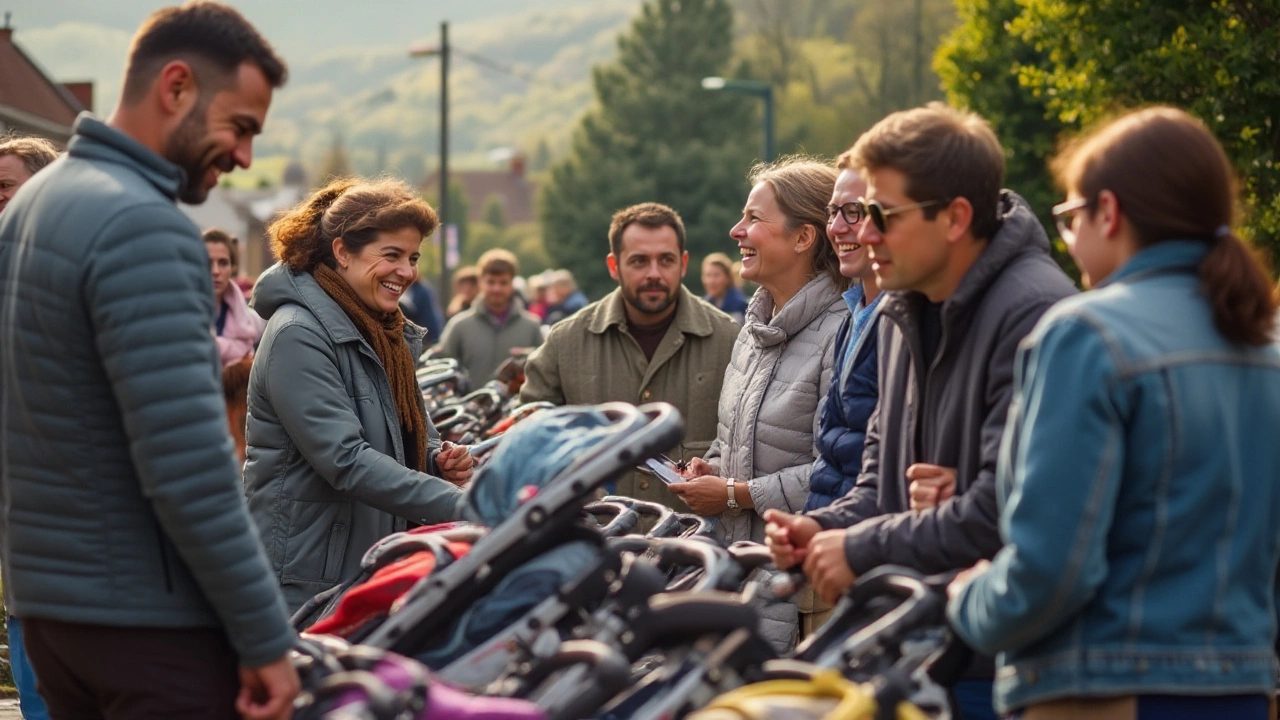Eco-Friendly Parenting: Sustainable Choices for Kids
When you practice eco-friendly parenting, making conscious choices to reduce environmental impact while caring for your child. Also known as sustainable parenting, it’s not about perfection—it’s about swapping out one harmful habit for a better one, every day. It’s why so many parents now skip plastic baby bottles, avoid synthetic fabrics, and choose wooden toys over battery-powered ones. This shift isn’t just about the planet—it’s about your child’s health, too. Studies show that chemicals in plastics, synthetic dyes, and flame retardants can disrupt development, especially in infants. Choosing natural materials like organic cotton, untreated wood, and glass isn’t a trend—it’s a smart, simple way to protect your little one.
Related to non-toxic baby products, items free from harmful chemicals like phthalates, BPA, and microplastics are a big part of this. Think glass baby bottles instead of plastic, or stainless steel sippy cups that won’t leach toxins when heated. Then there’s natural materials, things like wool, bamboo, and untreated wood that are biodegradable and gentle on sensitive skin. Montessori educators have known this for decades: kids learn better with real, tactile objects—not flashy plastic gadgets that overstimulate and break easily. You’ll find this same thinking in safe sleep practices too. Breathable cotton blankets, firm mattresses without chemical treatments, and cribs made from solid wood—all these choices tie back to eco-friendly parenting. It’s not just what you buy, but what you avoid: flame retardants in crib mattresses, synthetic fragrances in laundry detergents, or plastic teething toys that shed microplastics.
You don’t need to overhaul your whole home overnight. Start with one swap: switch to a non-toxic baby bottle, pick a wooden toy over a plastic one, or choose organic cotton onesies. These small steps add up. And the best part? Many of these choices also mean less clutter, fewer replacements, and more durability. A well-made wooden rattle lasts years. A cotton swaddle can become a blanket, then a burp cloth, then a play mat. That’s the quiet power of eco-friendly parenting—it’s practical, it’s kinder to your wallet over time, and it gives your child a healthier start.
Below, you’ll find real advice from parents who’ve made these changes—what worked, what didn’t, and how they kept it simple. Whether you’re worried about baby formula packaging, nursery safety, or backpack materials, the posts here give you clear, no-fluff guidance to make smarter choices without the overwhelm.
